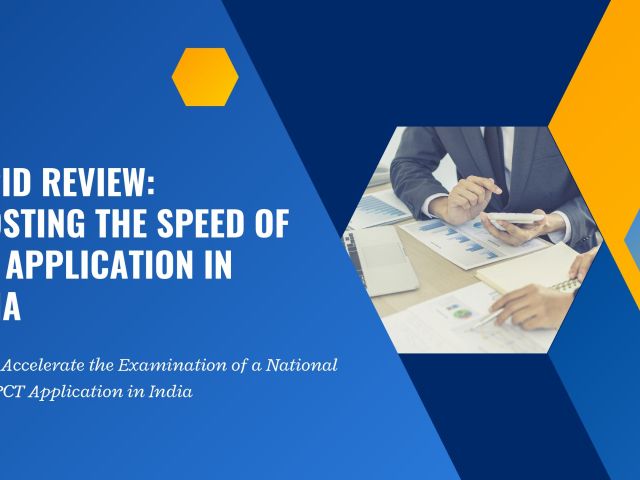Foreign Filing License in India
Foreign Filing License or Foreign Filing Permission [FFP] is required for filing a patent outside India. It is necessary to obtain FFP from the Indian Patent Office before filing outside India, when an inventor/applicant who is a resident in India, desires to file patent applications directly in foreign countries.
The foreign filing license requirement was introduced under Section 39 of the Indian Patents Act of 1970. According to Section 39, there are two ways of filing a patent application in a foreign country:
1. The applicant should file a patent application for his/her own invention first in India. Then, the applicant can file the application outside India after six weeks from the date of filing in India; or
2. Alternatively, the applicant must obtain the Controller’s permission for filing the patent application outside India.
The first option seems more lucrative since the written permission takes time resulting in a loss of priority. Therefore, inventors prefer filing an application first in India and waiting for six weeks before filing applications in foreign countries.
Under section 39, foreign filing license must be obtained before filing the PCT applications or applications outside India. This, however, would be detrimental to every applicant filing a foreign application or PCT application. In such cases, the PCT or direct foreign patent filing would be allowed only after the FFP permission.
Alternative Option:
On the other hand, an applicant who first files an application domestically would have the right to claim the initial filing date as the priority date or international patent filing date. Any applicant pursuing a direct foreign filing or PCT route should be aware of the fact that filing a foreign or PCT application by way of obtaining Foreign Filing Permission under Section 39 may lead to a waste of, in many cases, extremely precious days, with regard to the patent filing date.
Conclusion
Violation of the above requirement results in criminal liability under Section 118 of the Indian Patents Act of 1970, in which the term of imprisonment may extend to 2 years or a monetary fine may be imposed on the inventor, in addition to abandonment of the patent application or revocation of the patent even if it is already granted. It is extremely important to abide by the mandatory requirements stated in Section 39 of the Indian Patent Act of 1970 in order to fortify oneself from the ramifications under Section 118 of the said Act.




